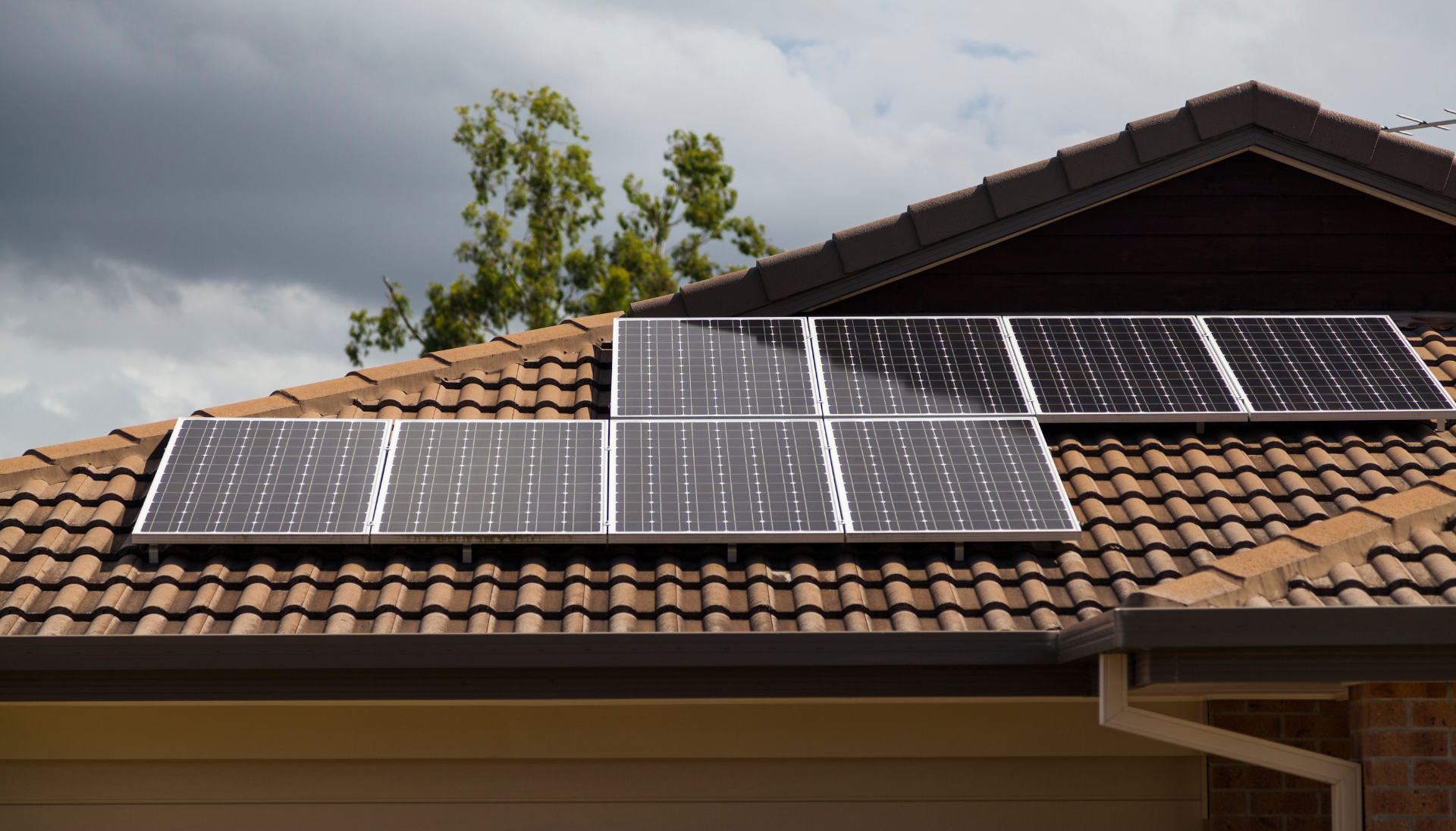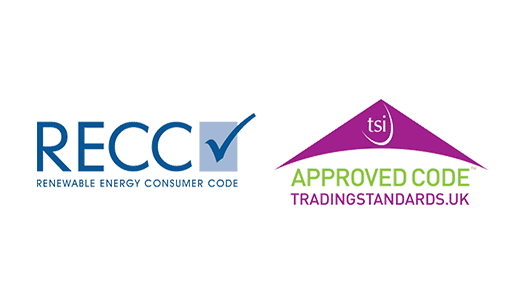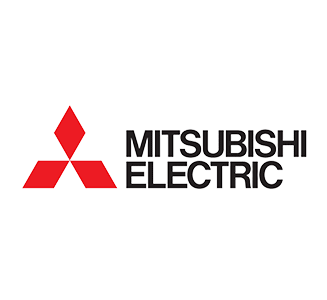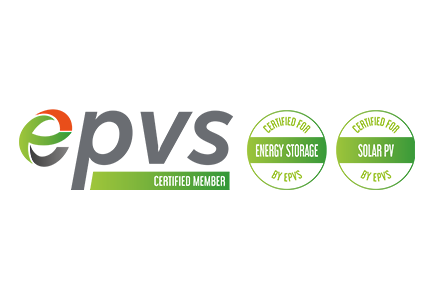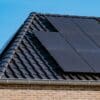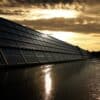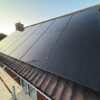A renewable energy source that derives from the sun’s beams is solar energy. This energy is captured by solar panels, which then transform it into electricity. Solar panel technology has advanced significantly in recent years, making them more effective and cost-effective for households.
Solar energy has numerous advantages for homes as well as the environment. Solar energy is a clean, renewable source of energy that emits no greenhouse gases. Additionally, it can help homeowners lower their energy costs and raise the value of their house.
any homeowners want to power their entire house with solar energy, but they might not be sure if it’s feasible or cost-effective. This blog will examine the issue of whether or not solar panels can power your entire home. We’ll examine the variables that determine how much energy you require, how much energy solar panels can generate, and other variables to take into account when determining whether solar power is the best option for you.
How much energy does your house need?
You must look at your energy bills to determine how many kilowatt-hours (kWh) of power you consume each month in order to calculate how much energy your home requires. The appliances and other gadgets in your home and how much energy they consume can also be used to estimate your energy requirements.
The size of your home, the number of occupants, and the environment where you reside can all have an impact on how much energy it uses. The energy efficiency of your appliances and the sort of heating and cooling system you have are other considerations to take into account.
In the UK, the average home uses about 3,100 kWh of energy annually. Nevertheless, this may change depending on the aforementioned elements. Use an online energy calculator or speak with a qualified energy assessor to receive a more precise assessment of your energy requirements.
How much energy can solar panels produce?
Through the use of photovoltaic cells, solar panels convert sunlight into direct current (DC) electricity. An inverter is then used to transform this direct current (DC) electricity into alternating current (AC), which can be utilised to power your home.
The capacity of solar panels to generate electricity is influenced by a number of variables, including their size and efficiency, their orientation and angle, the amount of sunshine accessible where you live, and the temperature of the panels. Solar panel production may also be impacted by shade, dirt and debris on the panels, and the presence of surrounding trees or structures that may obscure sunlight. It’s crucial to speak with a qualified solar panel installation if you want a precise estimate of how much electricity your solar panels can generate.
How to size your solar system
You must take into account both your energy requirements and the amount of sunshine available in your area when determining the size of the solar panel system required to power your home. You may determine the size of the system required to fulfil your energy needs with the aid of a qualified solar panel installation.
Grid-connected, off-grid, and hybrid solar panel systems are just a few of the several varieties available. Homeowners can sell extra energy back to the grid thanks to grid-tied systems, which are plugged into the electrical grid. Batteries are needed to store energy in off-grid systems because they are not connected to the grid. Hybrid systems can offer backup power during a grid outage since they include grid-tied and off-grid devices.
There are several things to think about when selecting a solar panel system, including the price of the system, the efficiency and dependability of the system, as well as the warranty and maintenance requirements. The local climate and weather, the amount of space available for the solar panels, and any applicable municipal laws or installation licences are other elements to take into account. Working with a reputable solar panel installation who can assist you in selecting the right system for your needs is essential.
Other factors to consider
Your home’s location and local weather might have an impact on the effectiveness and performance of your solar panel installation. Your system might produce less energy than a comparable system in an area with more sunlight if you reside there. Similar to how severe weather can harm or lessen the effectiveness of solar panels, high winds and heavy snow can also do so.
Solar panel installations are now substantially less expensive for households thanks to recent price reductions. The initial cost of installation, however, can still represent a sizable expenditure. To stretch out the expense of installation, it’s vital to take into account financing options like loans or leases. Furthermore, you might be qualified for government subsidies or tax breaks that can lower the cost of the system.
Despite needing little upkeep, solar panel systems must be kept clean and free of debris to perform at their best. After several years of use, the inverter could also need to be changed. Your solar panel system can last longer and continue to produce electricity effectively with regular inspections and maintenance. It’s crucial to collaborate with a qualified installation who can offer advice on the upkeep and maintenance of your system.
Other factors to consider
We covered the fundamentals of solar energy and solar panels in this blog, as well as the variables that determine energy requirements and solar panel output and how to size a solar panel system. We also talked about other things to think about, such as location and weather, funding and price, and maintenance and upkeep.
While it is technically possible to power your entire home with solar energy, there are a number of variables that must be taken into account, such as your energy requirements, the amount of sunlight available where you live, and the effectiveness of your solar panel system. You can assess the size and kind of system required to fulfil your energy needs with the assistance of a qualified solar panel installation.
Please contact us if you would like a quote or have any questions.

